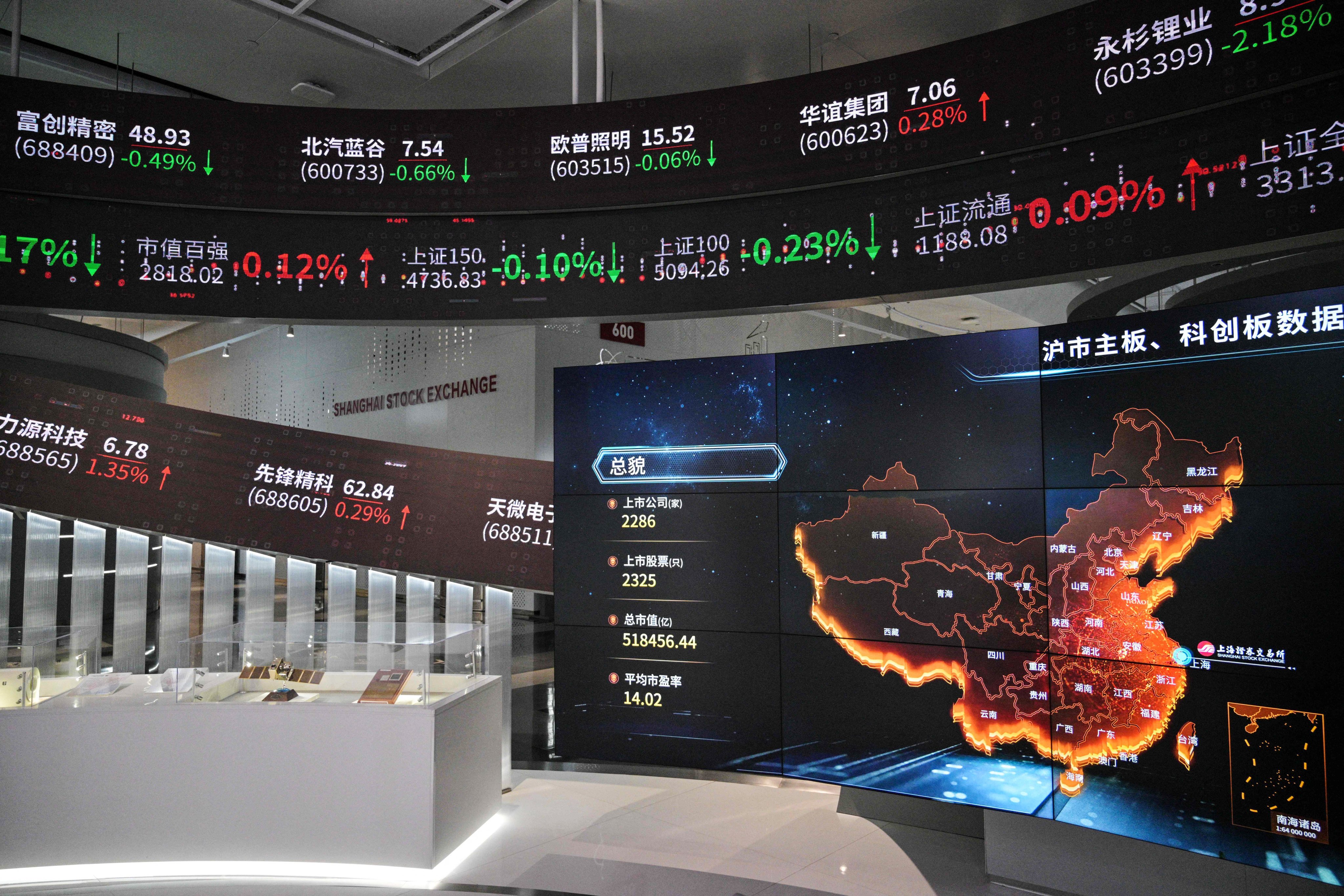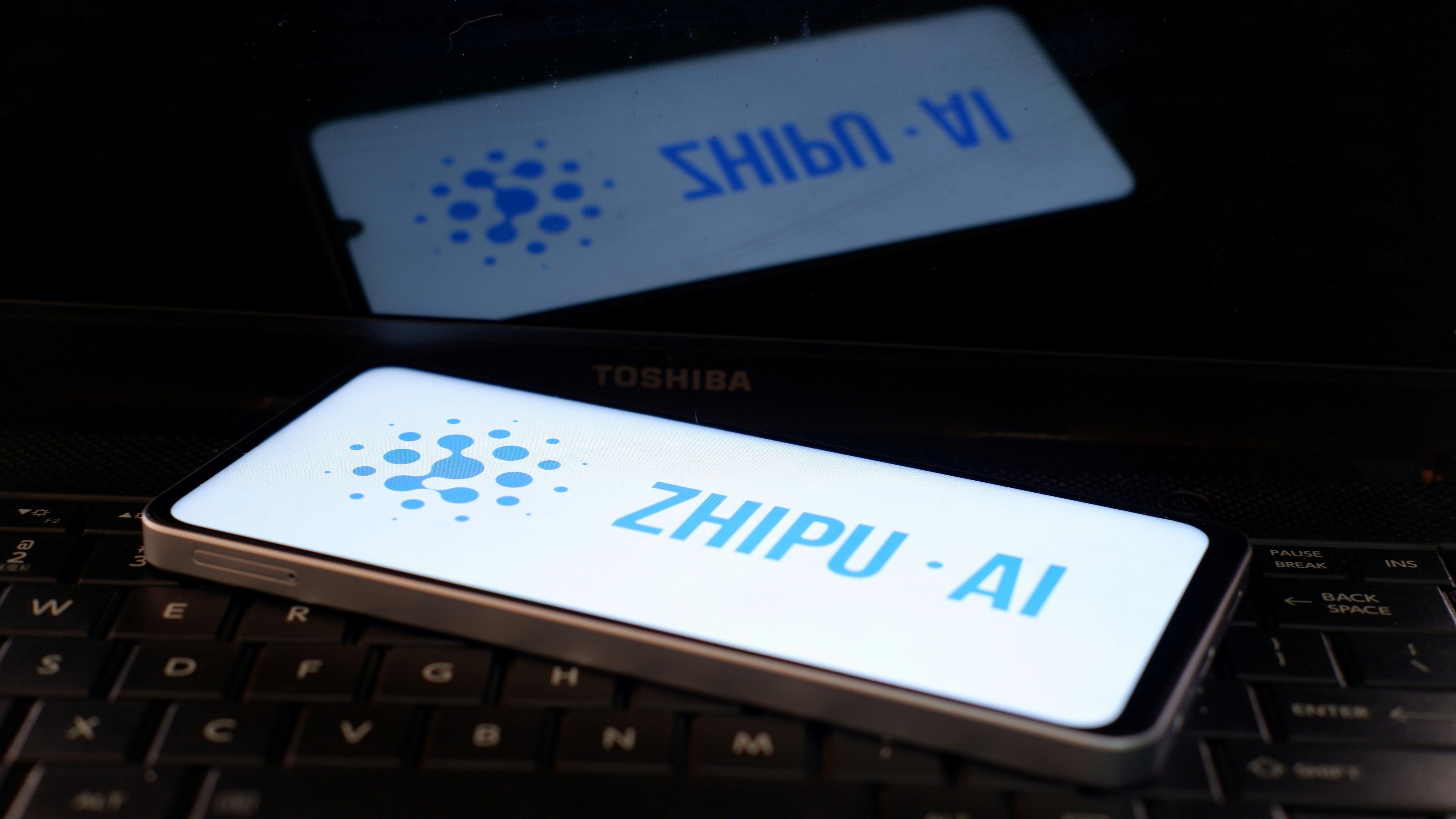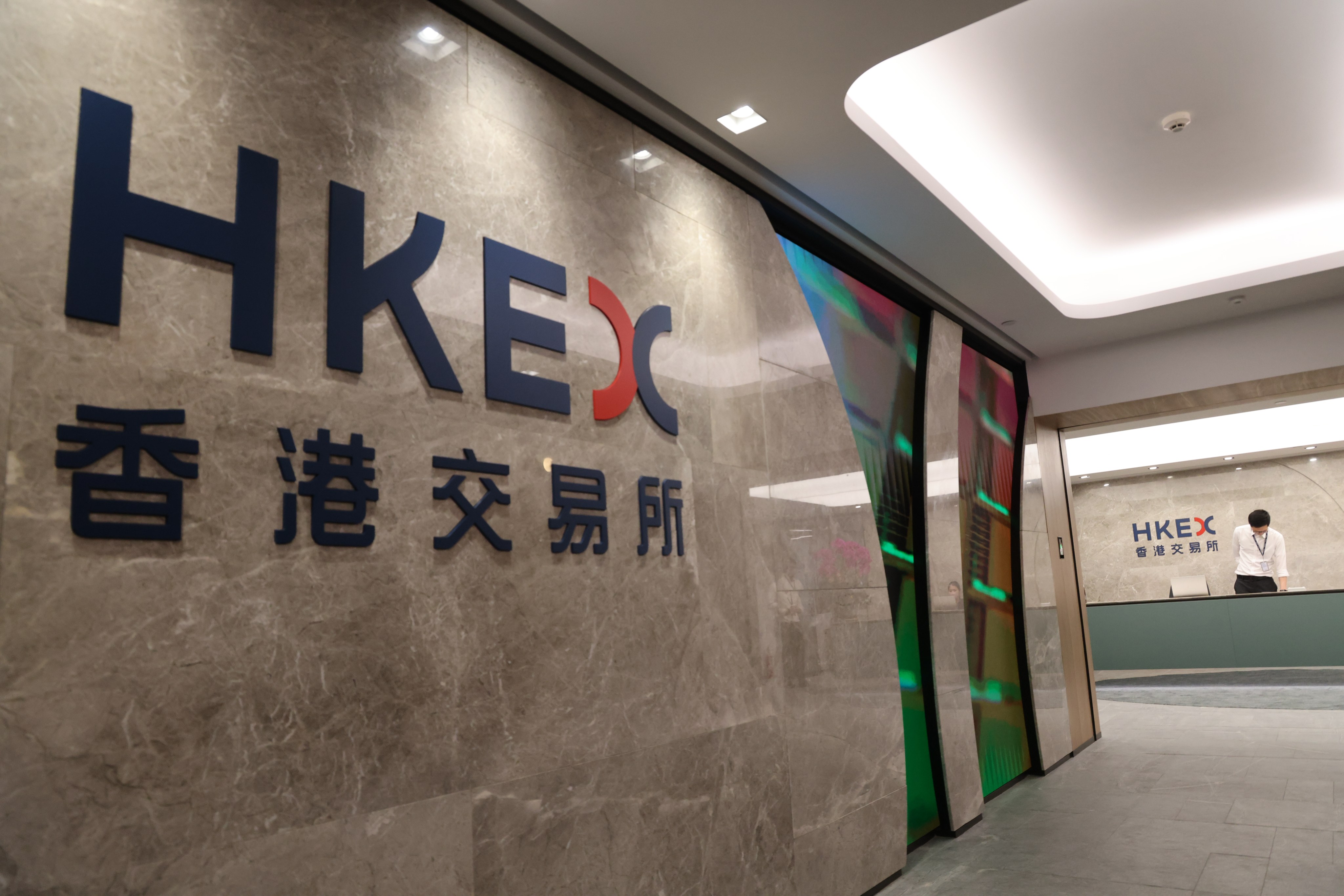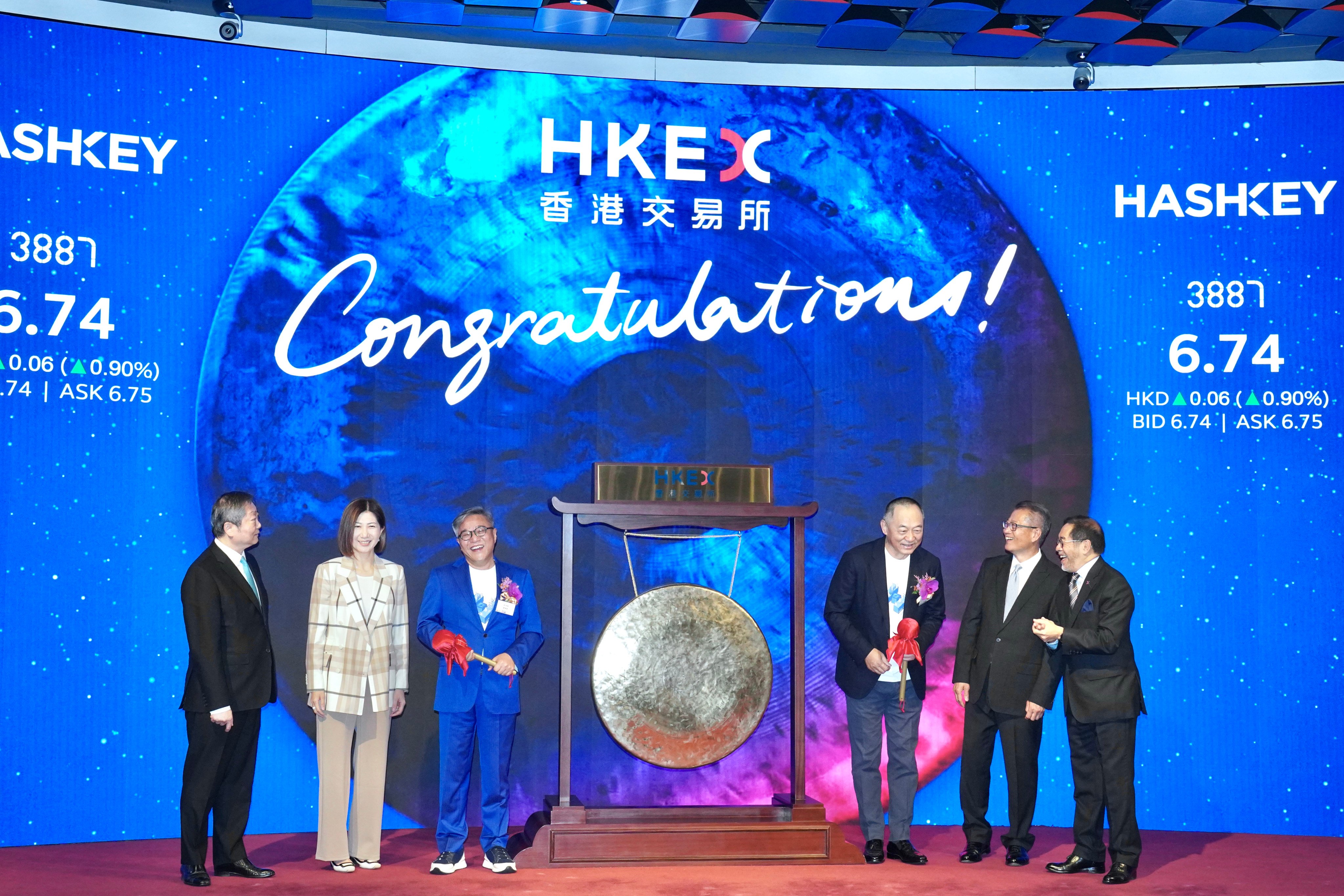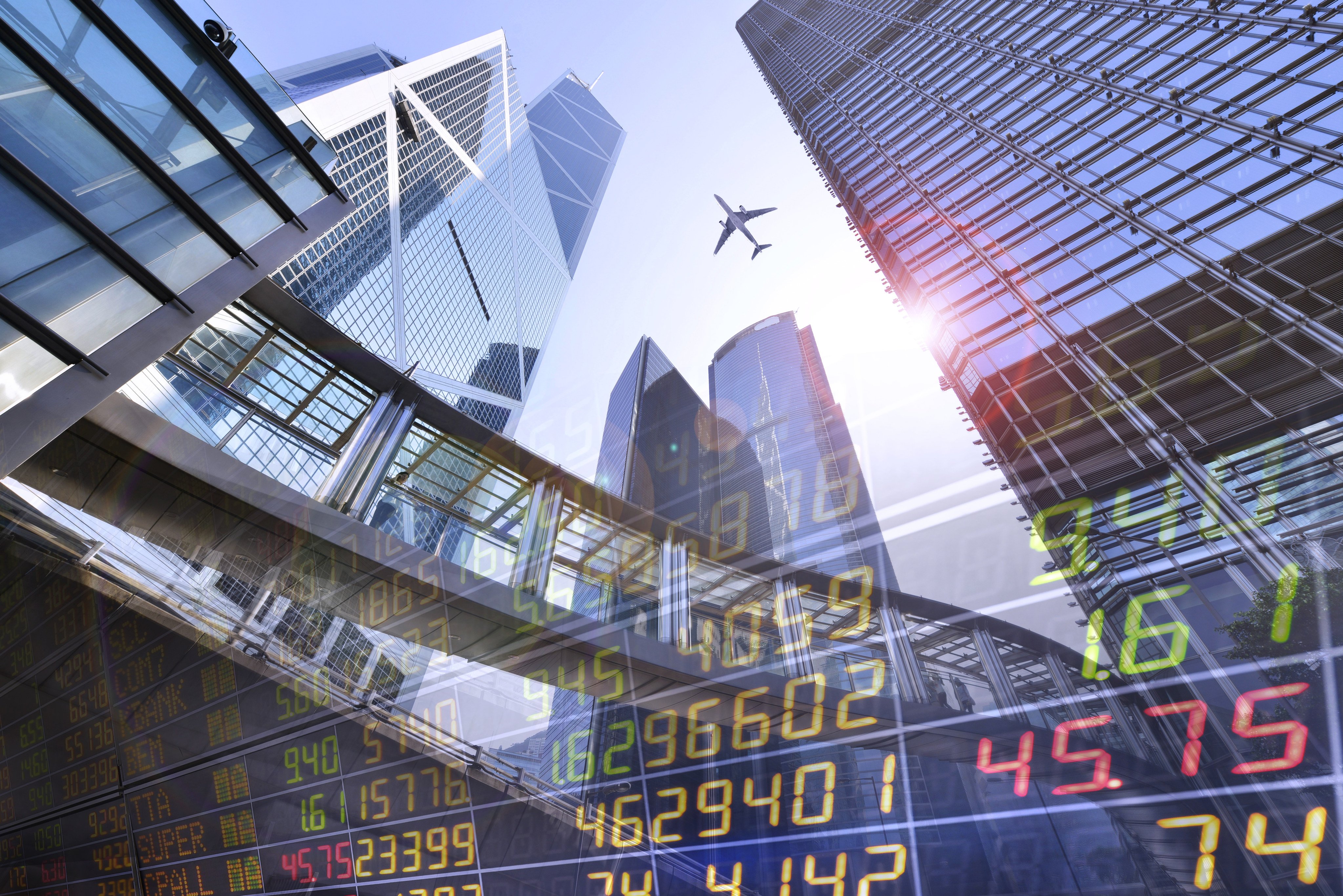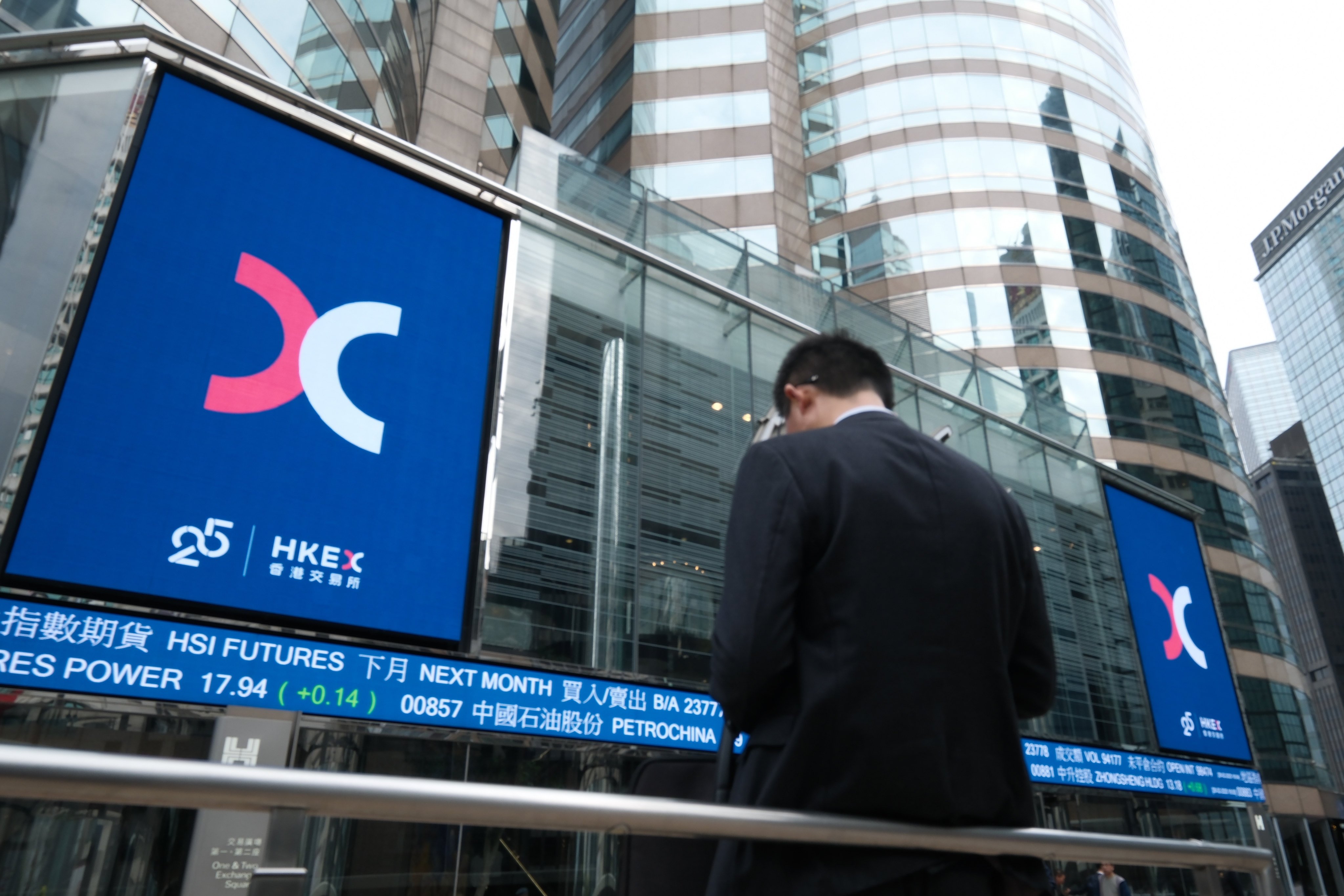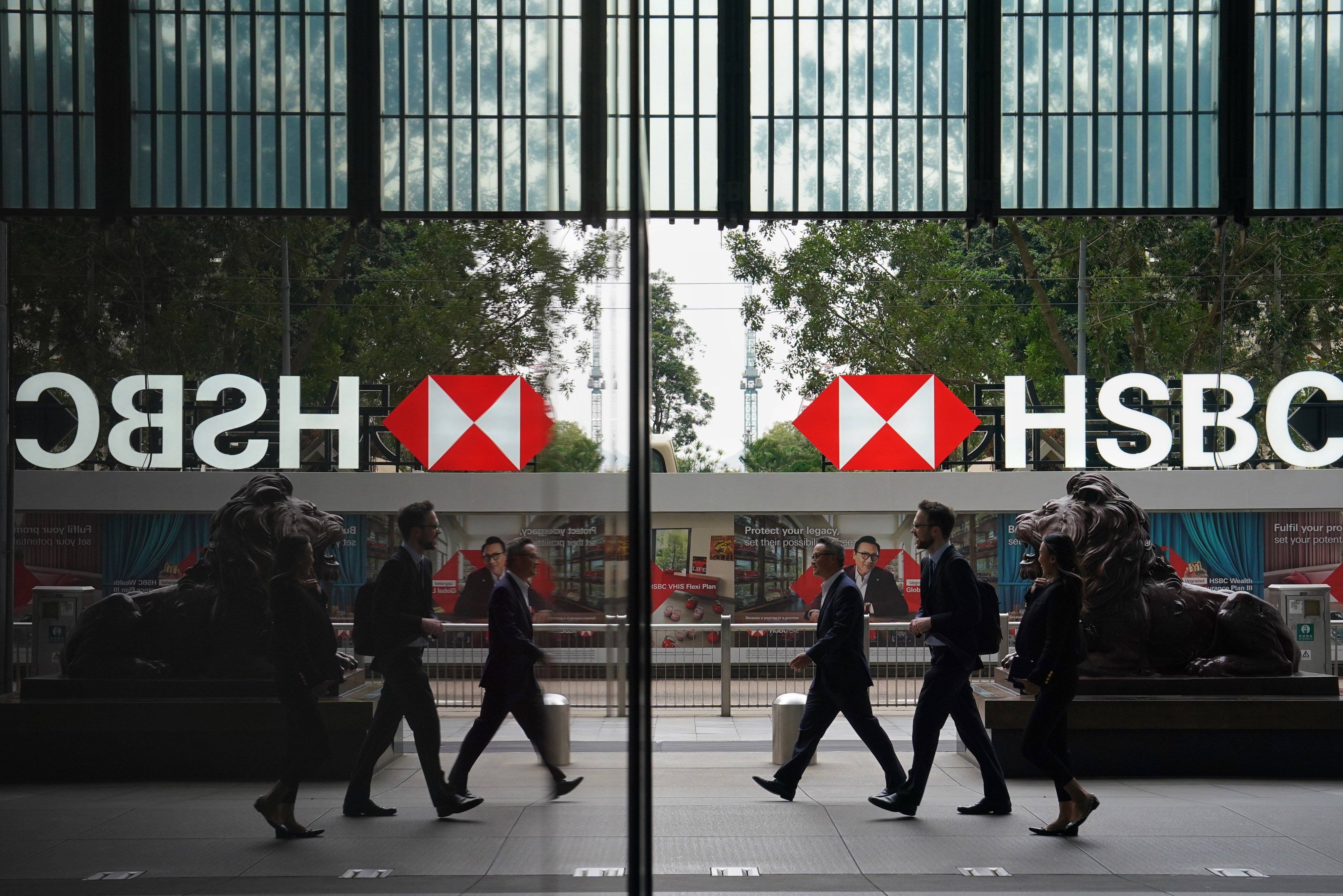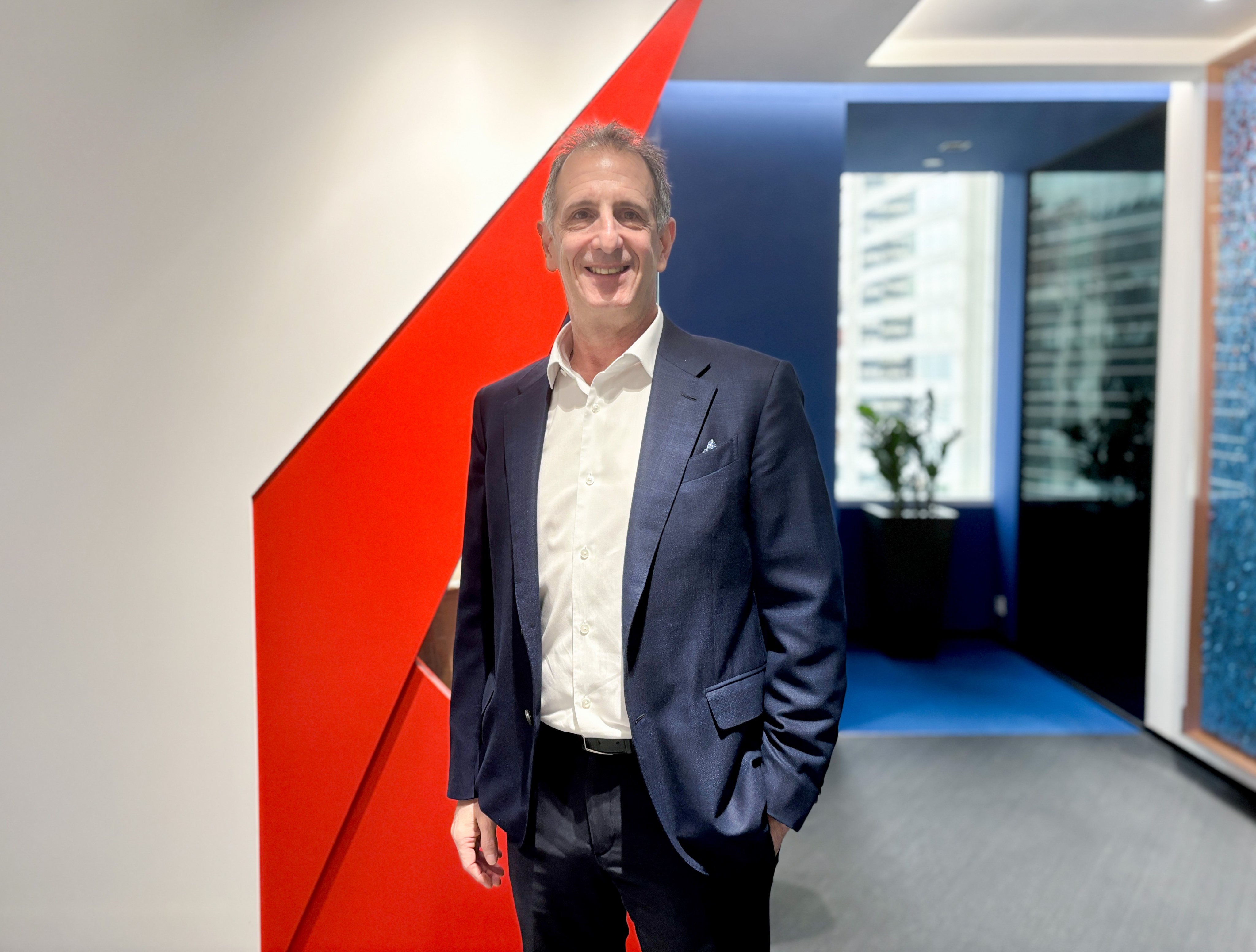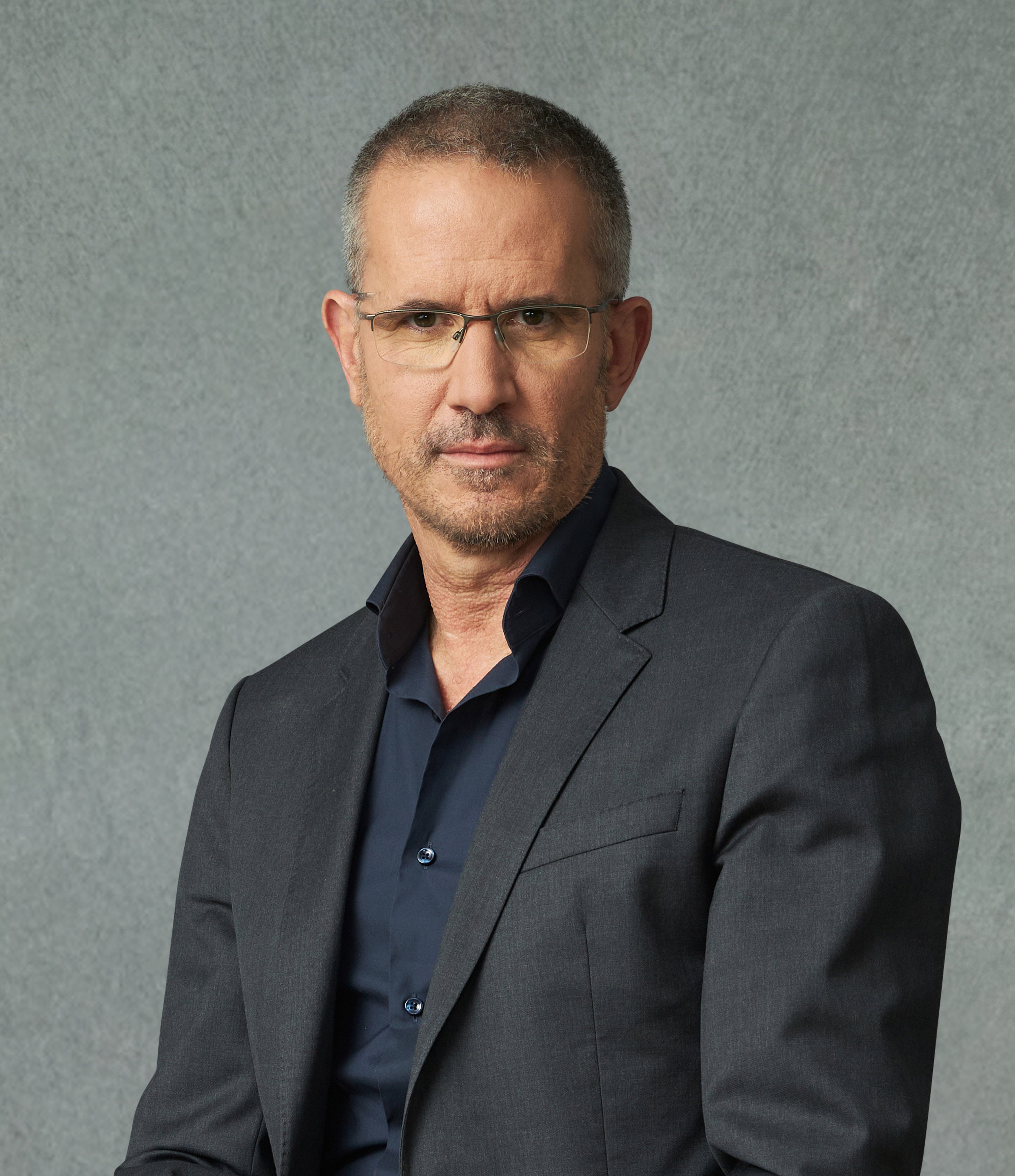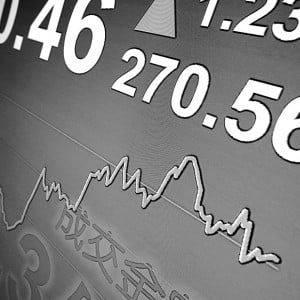
TOPIC
/ company
Hong Kong stock exchange
Related Topics:

Hong Kong stock exchange
Hong Kong Exchanges and Clearing Ltd is the holding company for the city’s stock exchange, futures exchange and clearing company. Its market capitalisation makes it one of the world’s biggest listed companies.
Help preserve 120 years of quality journalism.
SUPPORT NOWAdvertisement
Advertisement
Advertisement
Advertisement
Advertisement
Advertisement
Advertisement
Advertisement
Advertisement
Advertisement
Advertisement
Advertisement
